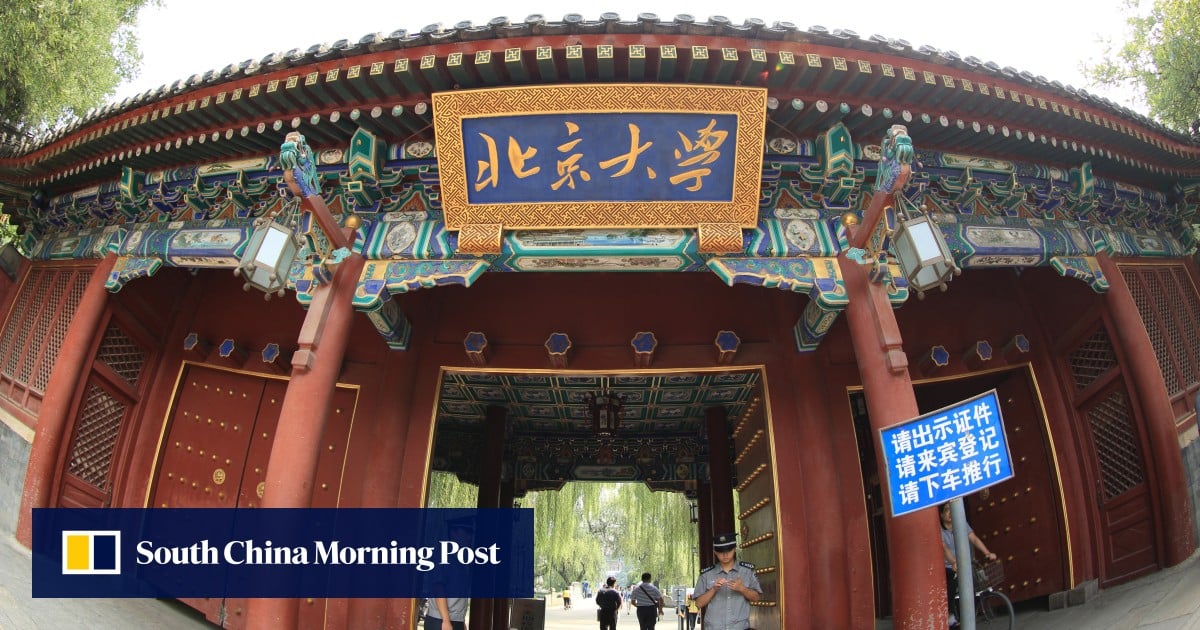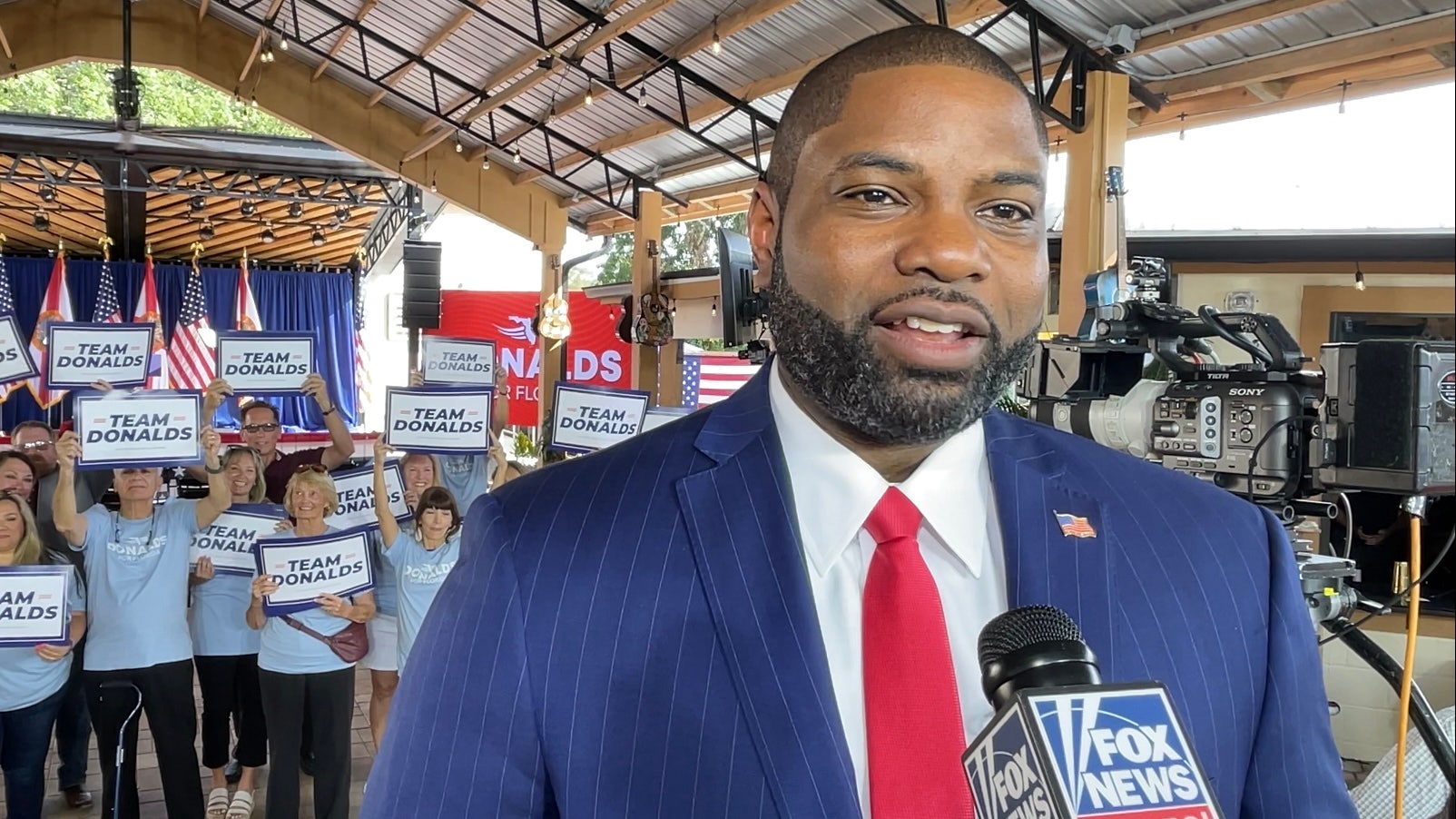A recent congressional hearing in the Philippines saw lawmakers grill social media influencers over their role in spreading false information about former president Rodrigo Duterte’s arrest by the International Criminal Court (ICC) in The Hague, leading to tears, apologies and admissions of “fake news”.
However, observers say the spectacle did little to address the deeper disinformation networks at play, suggesting that lawmakers appeared more focused on public shaming than tackling the underlying structural and political factors of false content online.
The hearing, held on March 21 by the House TriComm – consisting of committees on information and communications technology, public information, and public order and safety – came amid a surge of online misinformation seeking to discredit the ICC’s investigation into Duterte’s deadly drug war and portray his arrest as unlawful or politically motivated.
During the hearing, lawmakers confronted influencers about unverified claims and personal attacks made to their large online followings. The intensity of the questioning caused two influencers to break down in tears and issue public apologies for disseminating false information.
Krizette Laureta Chu was unable to provide evidence for her Facebook claim that “many” policemen and soldiers were resigning over Duterte’s extradition. She admitted that she based her statement on TikTok videos she had seen.
“I post what I feel at the moment … basically those are my feelings,” she told lawmakers.

 By South China Morning Post | Created at 2025-04-02 09:51:27 | Updated at 2025-04-03 10:21:51
1 day ago
By South China Morning Post | Created at 2025-04-02 09:51:27 | Updated at 2025-04-03 10:21:51
1 day ago







